
How to Avoid Root Canal...
Root canal treatment is often necessary when the pulp of a tooth becomes inflamed or infected. This can result from deep decay, repeated dental procedures, cracked or chipped teeth, or...
Read More
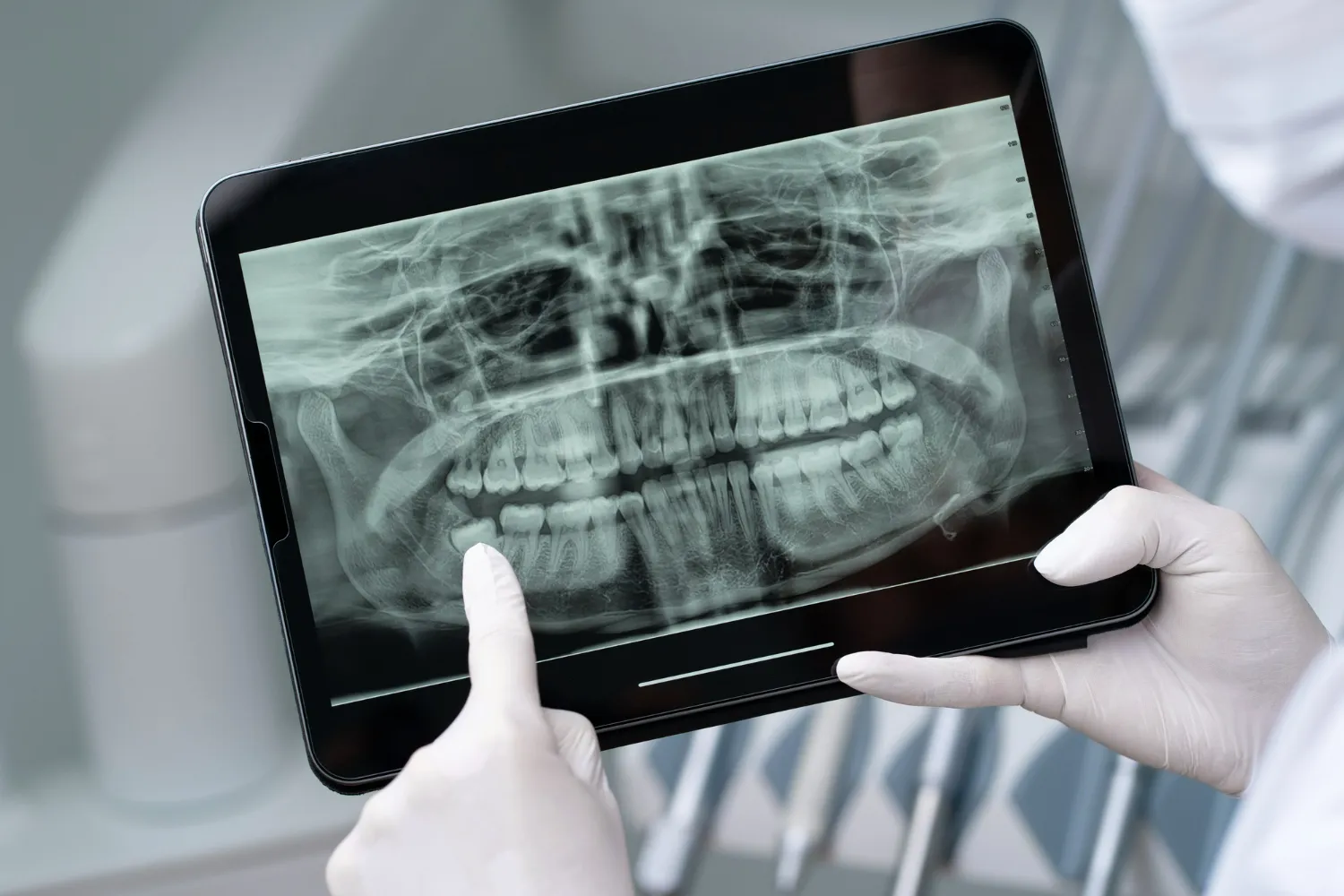
Can Wisdom Teeth Cause Headaches...
Yes, wisdom teeth can cause headaches, especially when they are impacted or erupting improperly. This issue arises when wisdom teeth do not have sufficient space to emerge fully, leading to...
Read More

What Foods Stain Teeth –...
Your smile is one of your most valuable assets, but sometimes, it can be difficult to maintain its brightness. Foods and beverages that we consume daily can be responsible for...
Read More
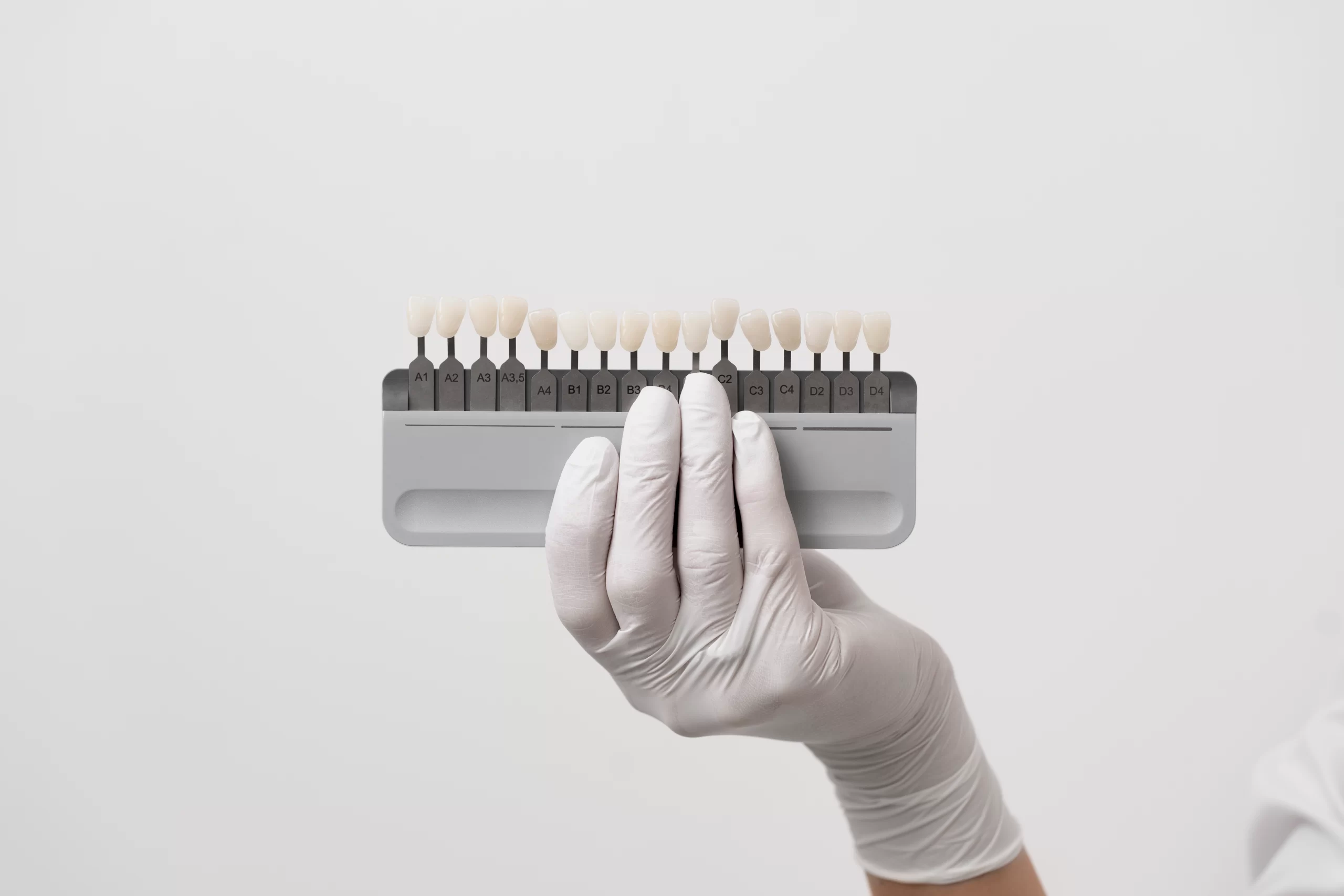
Understanding Full Mouth Dental Implants...
Tooth loss affects more than just your smile. It can impact how you speak, make eating more difficult, and diminish your overall health and confidence. For those who have lost...
Read More
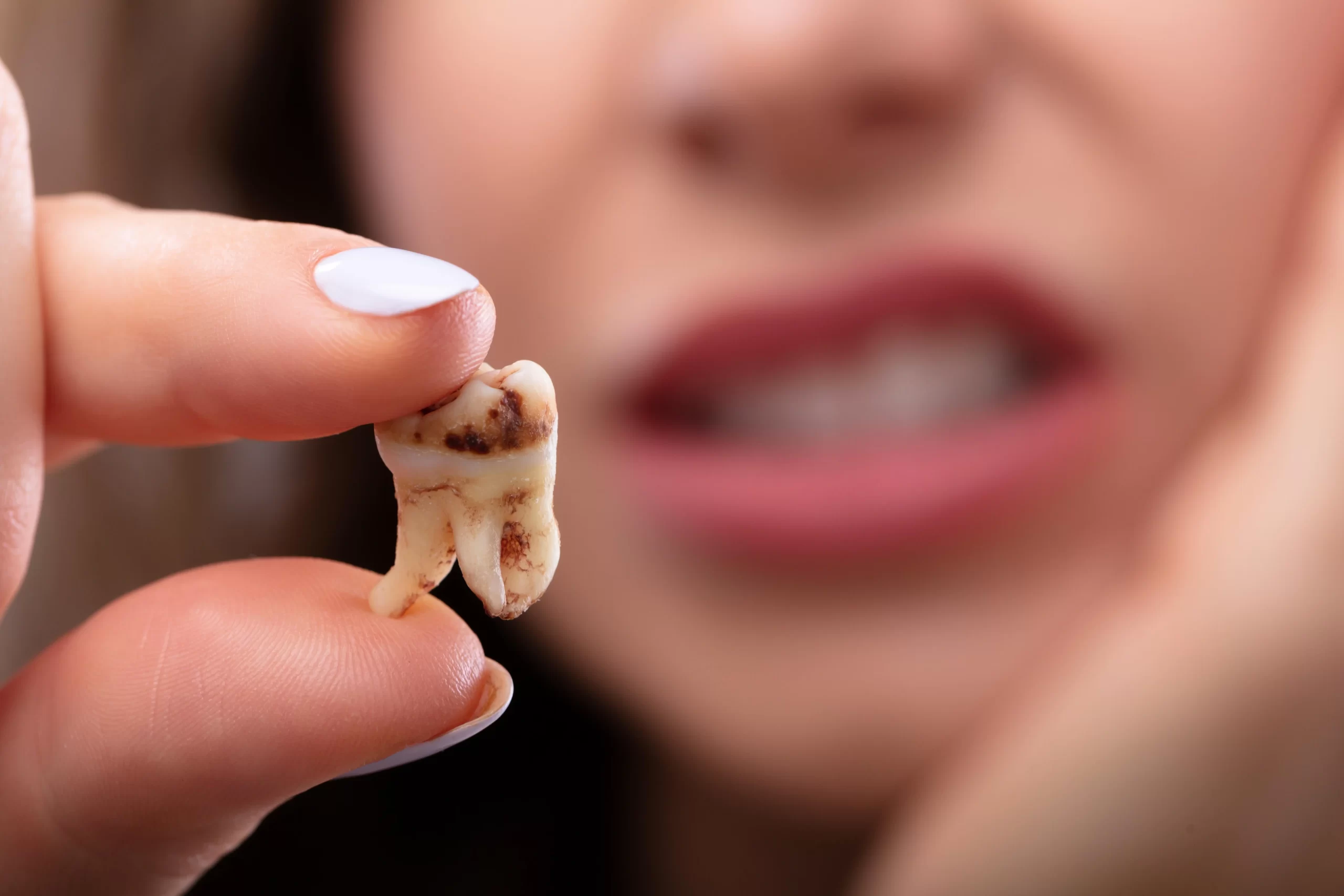
How to Repair Decayed Teeth...
How tooth decay is diagnosed and assessed The journey of treating a decayed tooth begins with a proper diagnosis. When a patient visits a dental clinic with concerns about sensitivity,...
Read More
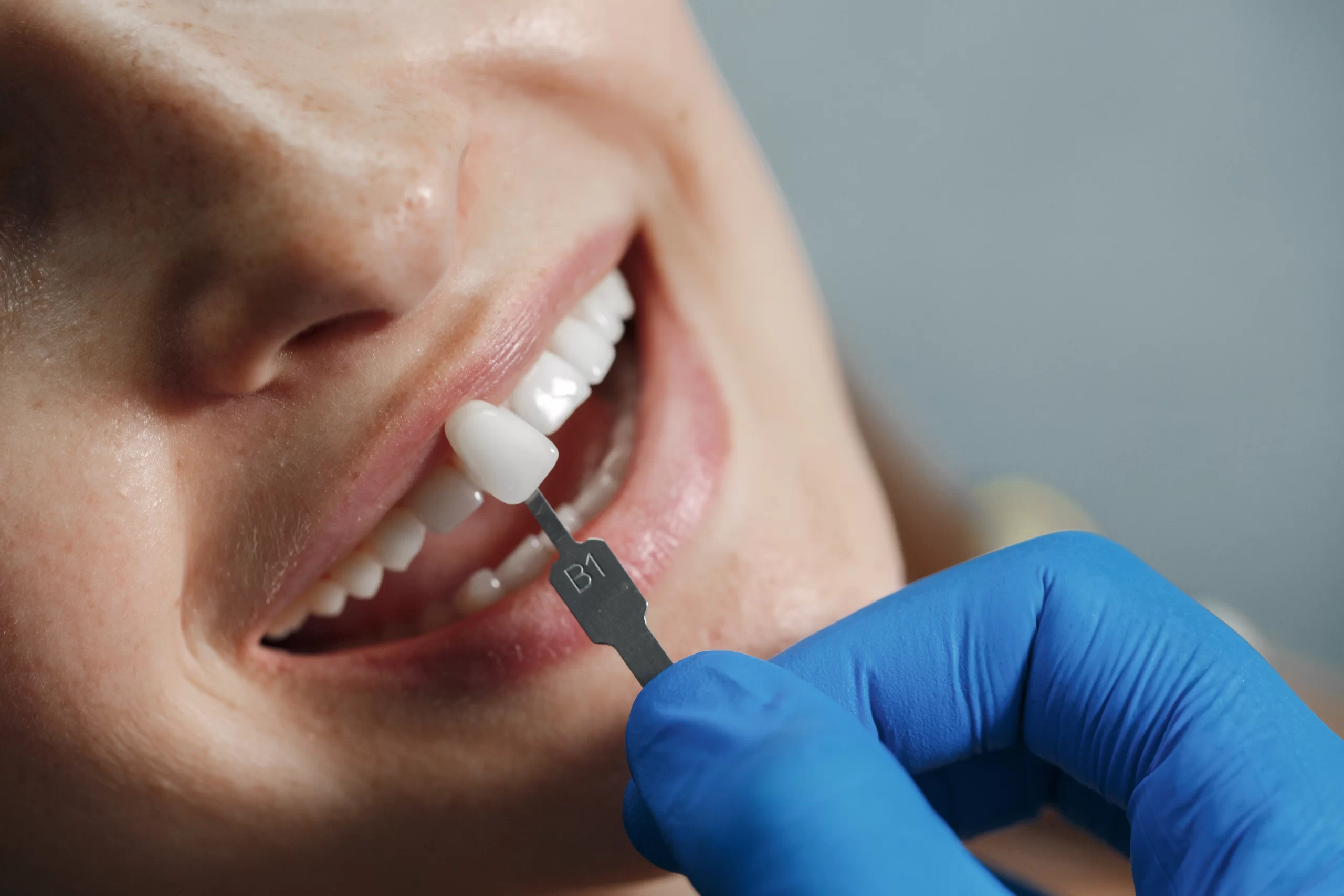
Can a Single Tooth Implant...
When it comes to replacing a single missing tooth, many people seek the quickest and most effective solution. A single tooth implant, typically considered a multi-step process requiring several appointments,...
Read More
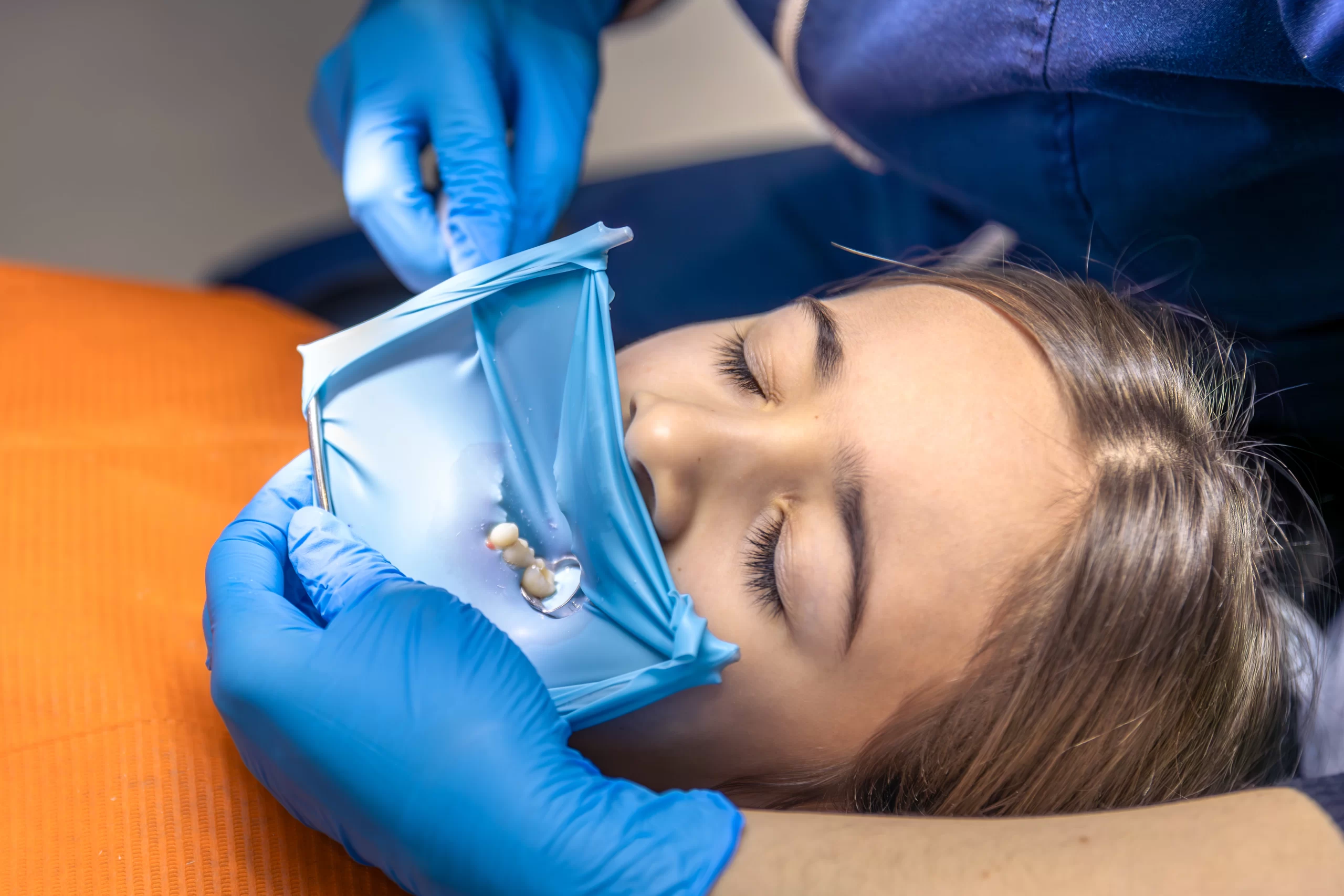
What Do Dentists Use for...
Dental anxiety can be a significant barrier to maintaining oral health. Understanding the tools and techniques dentists use for sedation can demystify the process and alleviate fears. Let's delve deeper...
Read More
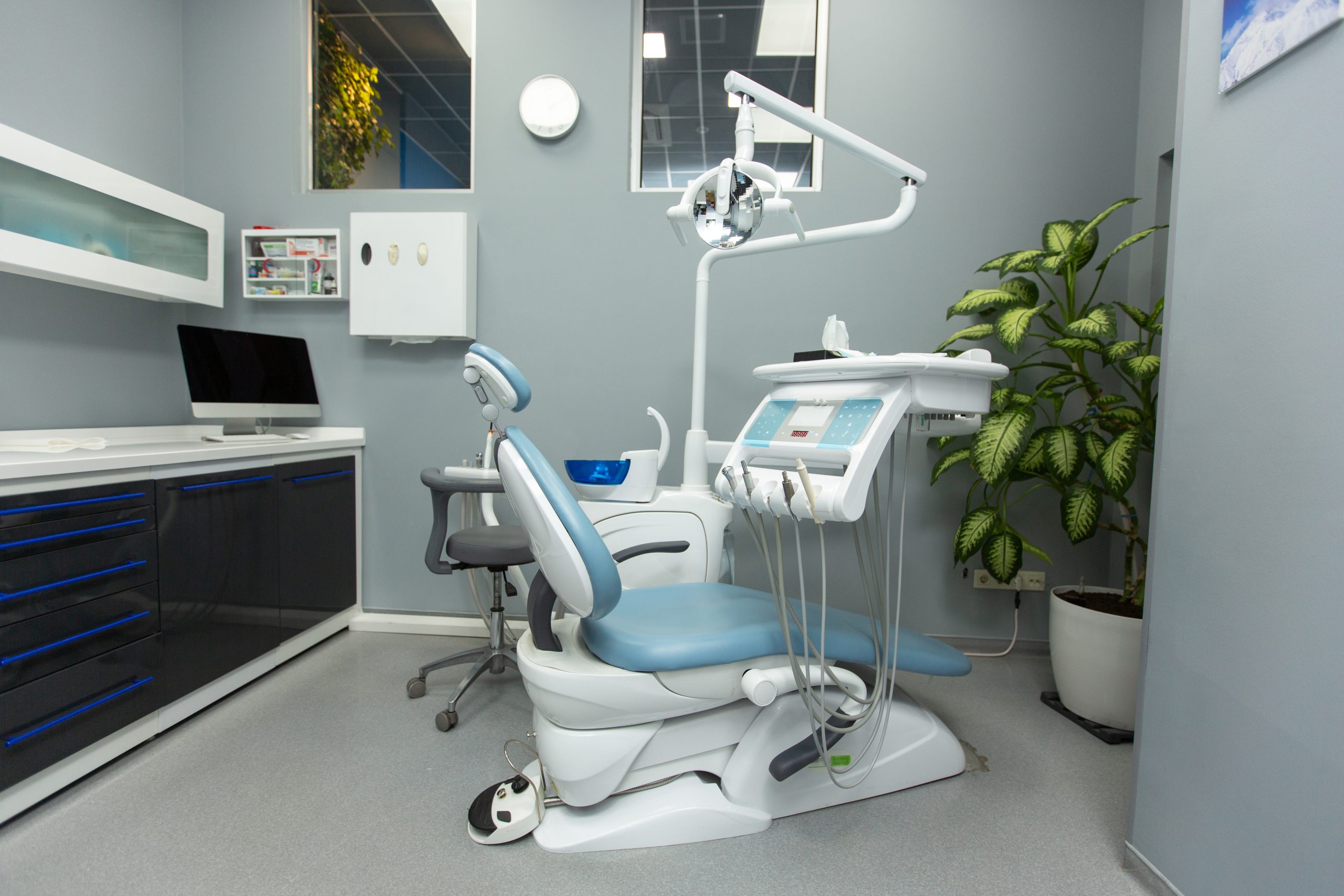
What Is a Sinus Lift...
Sinus augmentation, is essentially a bone grafting surgical procedure designed to increase the amount of bone in your upper jaw, specifically in the area of your molars and premolars. Your...
Read More

Can an Orthodontist Perform a...
When it comes to achieving a healthy and beautiful smile, it's easy to get confused about the different dental professionals and their roles. We all know dentists are the go-to...
Read More

Can an Orthodontist Fix My...
Temporomandibular Joint Disorder (TMJ), often causing nagging jaw pain, clicking sounds when you chew, or even radiating headaches, can significantly impact your quality of life. If you're experiencing these symptoms,...
Read More

